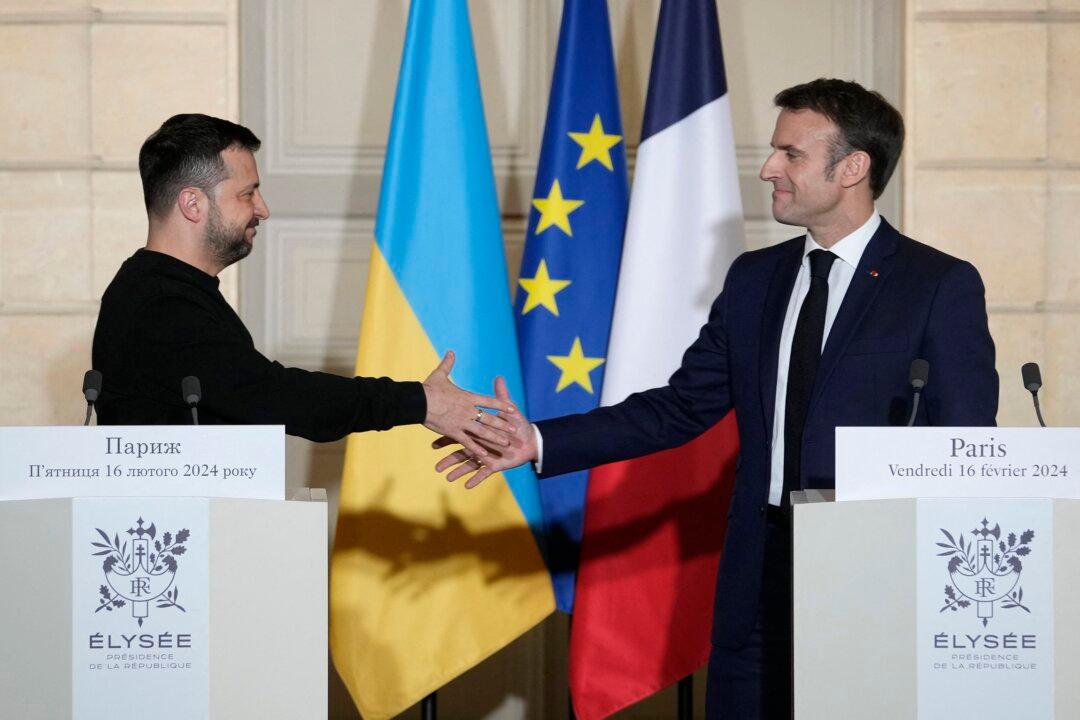French President Emmanuel Macron has raised the possibility of EU states sending troops to Ukraine to fight against Russia’s invasion, which recently entered its third year.
“There is no consensus at this stage ... to send troops on the ground,” Mr. Macron told reporters. “[But] Nothing should be excluded,” he added. “We will do everything that we must so that Russia does not win.”





